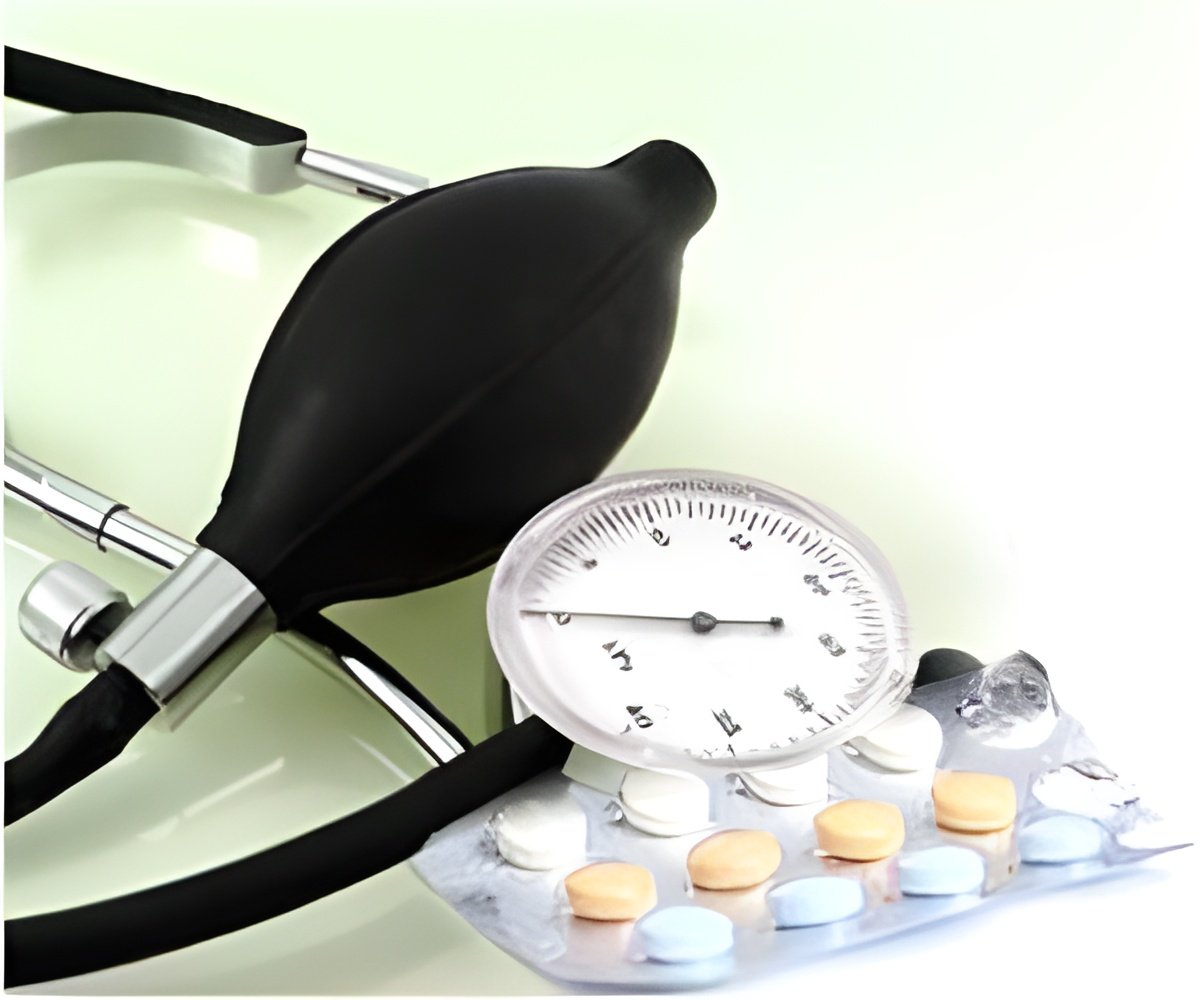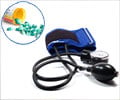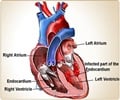Study finds aliskiren did not improve coronary artery disease when given to patients who had prehypertension.

"In the AQUARIUS study, although greater blood pressure lowering was observed in the aliskiren treatment group, we did not observe significant slowing of disease progression," he noted.
"While these findings do not support the use of aliskiren for regression or prevention of progression of coronary atherosclerosis, prespecified exploratory findings in the trial suggests there may be some other potential benefits in patients with pre-existing coronary artery disease and blood pressure levels treated to goal…although the current clinical findings are inconclusive," he added.
AQUARIUS was a prospective, randomized, multicenter, double-blind clinical trial conducted at 103 centers in Europe, Australia and North and South America.It included patients aged 35 years or older with angiographic evidence of coronary artery disease, prehypertensive blood pressure at baseline (systolic blood pressure between 125 and 139 mmHg and diastolic blood pressure less than 90 mmHg) and two additional cardiovascular risk factors.Eligibility required a target blood vessel for imaging with at least 20% and less than 50% stenosis.
After receiving aliskiren 150 mg for 1 week to assess tolerability a total of 613 participants were randomized to receive either aliskiren 300 mg (n=305) or placebo daily (n=308).
Baseline intravascular ultrasonography was used to indentify a target artery for imaging with the primary endpoint of the study being percent atheroma volume (PAV), and a secondary outcome being total atheroma volume (TAV) - measures of the amount of plaque present in the coronary artery.
"We observed a trend towards a favorable effect on plaque progression in the aliskiren group, although the difference from the placebo group was not statistically significant," said Dr. Nicholls. "As a result, the overall result was considered neutral."
Regression of PAV was observed in 56.9% of aliskiren-treated patients and 48.9% of placebo-treated patients (P=0.09), whereas TAV regressed in 64.4% vs 57.5% respectively (P=0.13).
However, pre-specified exploratory findings showed significantly greater blood pressure reductions in the aliskiren-treated group (systolic -2.9 vs -0.8 mmHg, P=0.007; and diastolic -2.0 vs. -0.4 mmHg, P=0.003).
The exploratory analysis also revealed a favorable effect on clinical events, which was "a surprising result, given that the study was small," said Dr. Nicholls.There were fewer major cardiovascular events (8.5%vs. 16.2%, P=0.004), and non-fatal myocardial infarctions (0.3% vs.2.6%, P=0.02) in the aliskiren group), however, these findings should be interpreted cautiously he stressed.
"They represent a prespecified exploratory endpoint in a trial not formally powered to assess clinical outcomes and are based on small numbers of events, but should be considered hypothesis-generating findings that may warrant further investigation."
The findings add to the ongoing debate over what is the ideal blood pressure for patients with coronary disease, he said.
"The guidelines say for most patients that is 140 mmHg, although we do not have large trials to tell us definitively whether a patient at 135 mmHg is OK or whether we should do more. There are some suggestions within this study that there may be some extra benefit, but the findings are inconclusive and we need larger studies."
Source-Eurekalert
 MEDINDIA
MEDINDIA




 Email
Email










